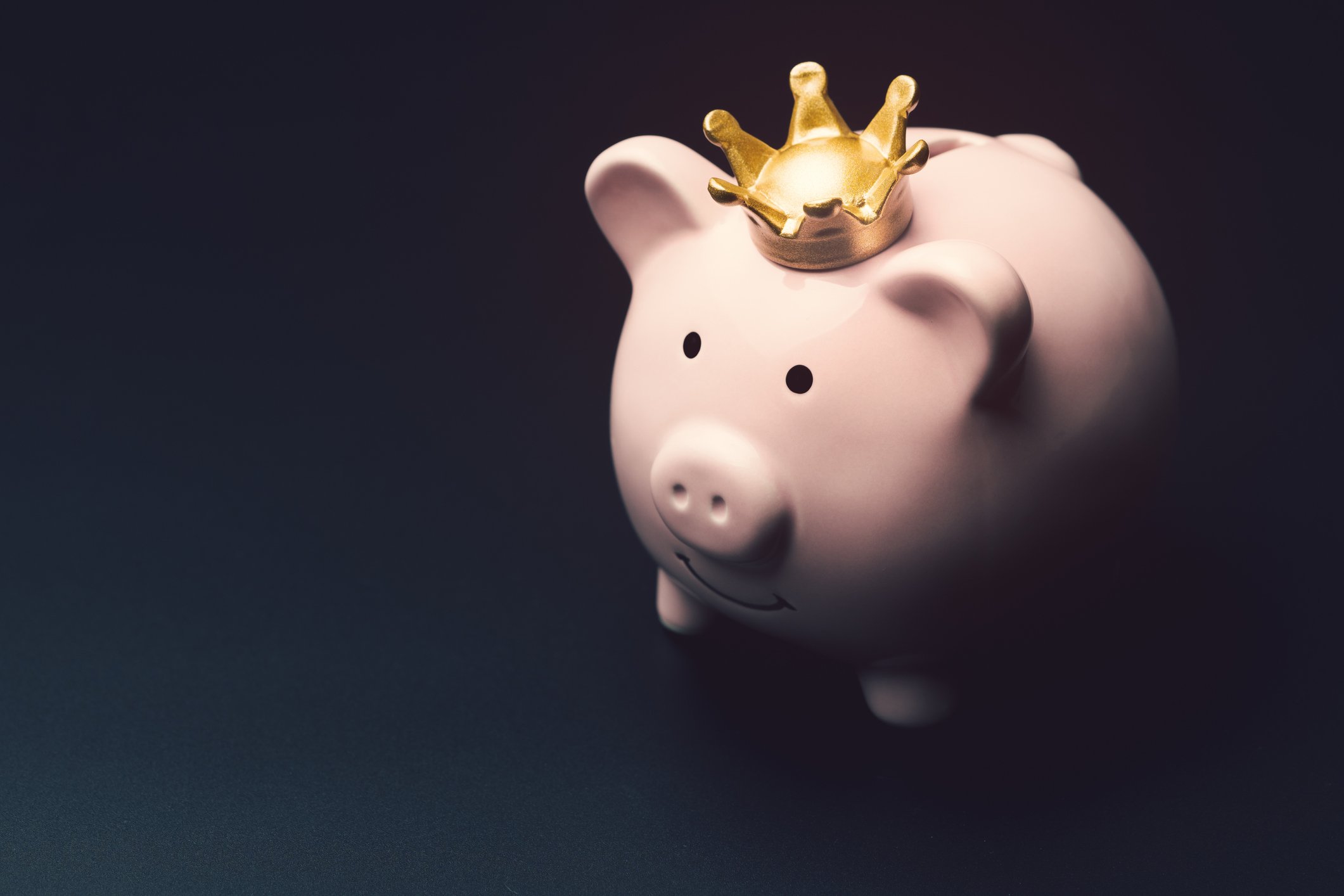The end of one year and the start of another gives us a good opportunity to review our investment successes and failures over the last 12 months. It also provides a platform to see where we're going and choose our investments for what's sure to be a raucous year in the market.
Dividend stocks offer some of the best ways to drown out the noise and smooth the ride a bit, knowing that regardless of the market's gyrations, these quality investments are passively generating wealth for you every quarter. Here are three standout dividend payers you should consider for your portfolio right now.

Image source: Getty Images.
A play for income and growth
Being able to receive a steady dividend check is great, but also seeing your capital appreciate over time is even better. Pharmaceutical company AbbVie (ABBV 0.40%) lets investors enjoy both: It has outpaced the gains of the S&P 500 since its spinoff from Abbott Labs in 2013 while also raising its dividend by an average of almost 25% a year.
The risk with AbbVie has been its reliance upon its arthritis treatment Humira, which generates around 60% of its total annual revenue of $33 billion. The worry centers around the loss of exclusivity on the drug, which has already occurred in Europe and is scheduled to follow in the U.S. in 2023.
Yet a recent report indicates Humira's European sales haven't eroded as much as was feared. Although international sales were down 32% last quarter because of its biosimilar rivals, sales now appear to be stabilizing, boding well for a similar effect in the U.S.
And AbbVie has a number of other therapies in its portfolio to maintain organic growth to help offset any losses from Humira -- therapies that are expected to grow to more than $35 billion in 2025. It is also poised to acquire Allergan, which will immediately diversify its portfolio, giving AbbVie even more levers to pull in providing capital appreciation and dividend growth.
The recovery is taking hold
The turnaround at DIY home center Lowe's (LOW 0.42%) looks like it has a firm foundation under it now, after the company reported third-quarter results last month that saw earnings exceed analyst expectations and full-year guidance increased.
While there remain issues to work out, including its e-commerce business and its Canadian operations, Lowe's is investing heavily in the former and says it's committed to the latter. It is closing down a few dozen stores in Canada to focus on those that are performing best, and with renewed attention to attract the professional contractor here at home, the chain is in a surprisingly better place than where many thought it would be.
Lowe's is one of those stocks that take the sure and steady approach to paying a dividend. It has increased it annually for over 50 years and consistently raises it by double-digit rates each year. With confidence in robust consumer spending in a still-healthy economy, and a payout ratio (the proportion of earnings paid out as dividends) well within the level of safety, it has plenty of opportunity to continue raising its dividend for years to come.
It's good to be the king
Walmart (WMT +0.65%) is using its preeminent position to effectively fend off encroachment on its turf by Amazon.com, while pressing its advantage to expand its own influence online, in both groceries and in retail. Consumers can choose options on how they receive their orders, whether delivered to their home, picked up curbside, or retrieved in store.
That ability to parry and thrust has paid off with solid revenue and earnings growth this year, and it just kept getting better. Management is expecting an equally robust fourth-quarter performance, which could set it up for significant growth in 2020. Shares of Walmart have grown almost 30% this year
The retailer has paid a dividend every year since 1974, increasing the payout each year thereafter. It currently yields 1.8% annually.
There was a time when Walmart was seen as being one of the retailers with the most to lose from Amazon's growth. But now it is widely viewed as one of the few retailers best suited to challenge it, and remains well positioned to continue increasing its dividend well into the future.








